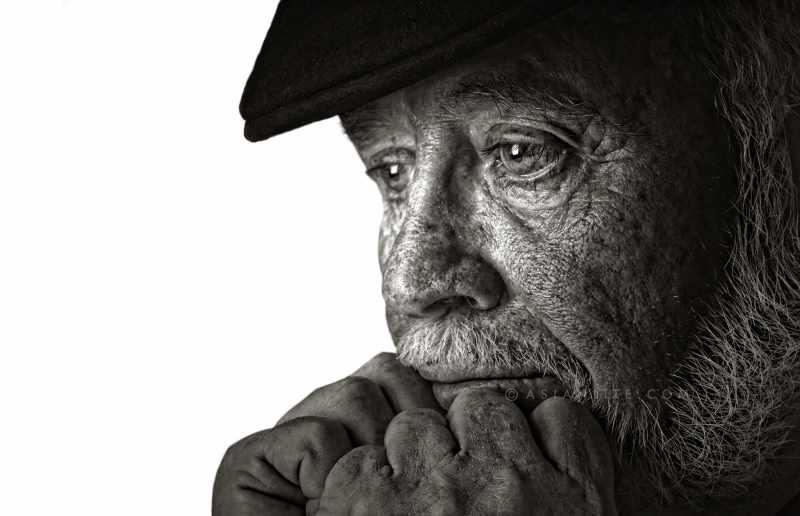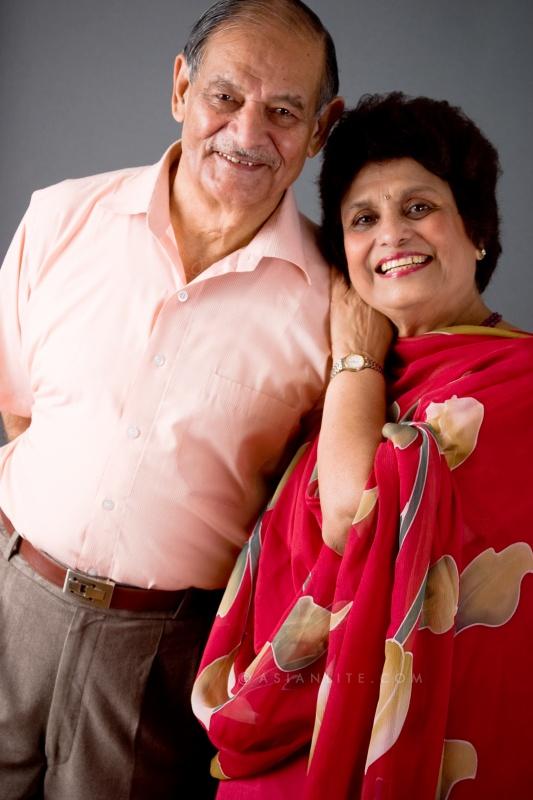Kaliph Anaz says old-age homes in India are providing security and company for the aged.June 15 is World Elder Abuse Awareness Day
 Sushma, 70, whose abode is an old-age home in the national capital, blames her daughter-in-law for her plight, but for 65-year-old Kamlesh Gupta “lack of emotional support” is the main reason for shifting to an old-age home. And there are some elderly who like the “security” these homes offer.
Sushma, 70, whose abode is an old-age home in the national capital, blames her daughter-in-law for her plight, but for 65-year-old Kamlesh Gupta “lack of emotional support” is the main reason for shifting to an old-age home. And there are some elderly who like the “security” these homes offer.
A 2013 Help Age India report said that more than one-fifth of the elderly, around 23 percent, are known to have experienced abuse in the form of disrespect, verbal abuse and neglect – and some have even faced beatings and slapping. Experts however point out that none of the elderly likes to be vocal about such domestic abuse.
“Mostly the old-age people don’t discuss their personal issues. They would hint at lack of emotional support from their children or regular fights with their daugthers-in-law,” Anita Sheoran, an official at Faridabad’s The Golden Estate old age home, said.
“Some would say that old age homes give them security and medical attention during emergencies. So, there are many reasons for them to be here,” she added.
The home was set up last year and has 30 residents.
Another HelpAge India survey in 2013 suggested that daughters-in-law are the main culprits in abusing the elderly. It said daughters-in-law – 44 percent – are the worst abusers of the elderly at home, followed by daughters (32 percent) and sons (24 percent).
M.C. Chacko, president of the Ozanam Home for Aged in north Delhi, however said that daughters-in-law can’t be held responsible for the old people’s plight.
“The orthodox thinking is equally responsible for their plight. Many in-laws expect their daughters-in-law to perform domestic chores rather than work. This thought makes it a one-sided judgment,” said Chacko. The home houses 30 elderly.
For Gupta, a retired bank officer, his son and daughter-in-law weren’t able to give him much time because of their tight-work schedule. This lack of communication and emotional support prompted Delhi-based Gupta to move to a reputed old age home.
“My wife died two years ago. It was then that I realised how important companionship is. I never missed her so much,” a teary-eyed Gupta said.
“I felt so lonely. At times, I would talk to the walls. I had a few friends in the colony, but I would meet them only in the evenings. So, it was a hard decision to make, but I am happy. In fact, our relationship has become better,” said Gupta.
Sheoran too felt this “sense of independence” is a matter of pride for many elderly.
“They feel lonely at home. So they prefer the company of people of their age,” Sheoran said.
“They want to feel independent. There are many restrictions at home: they don’t get meals on time or they have to time their schedule as per their working family members. So, those people who have worked all their life are used to their own ways of lifestyle,” she said, adding that they therefore choose to live away from them and visit them occasionally.
A joint report by the United Nations Population Fund (UNFPA) and Help Age International in 2012 said India has around 100 million elderly and the number is expected to increase to 323 million by 2050, constituting 20 percent of the total population.
There are no concrete figures for old age homes in India, though their number is estimated to be more than 1,000.
While it might be easy to believe that these “second homes” provide emotional security and safety to these old people, Rachna Thapliyal, director, HelpAge India, differed.
“Can ever a comfortable environment of your home, with your children and grand children, be replaced by these old age homes,” Thapliyal questioned.
Though there is no solution to this prevalent problem, Chacko said “mutual understanding” and “lesser expectations” are a key to solving a crisis at home.
“I think both – the old and the young – should try to understand each other’s position, changing lifestyle and aspirations. Things can be sorted out. One just has to communicate and listen (to each other),” he concluded.